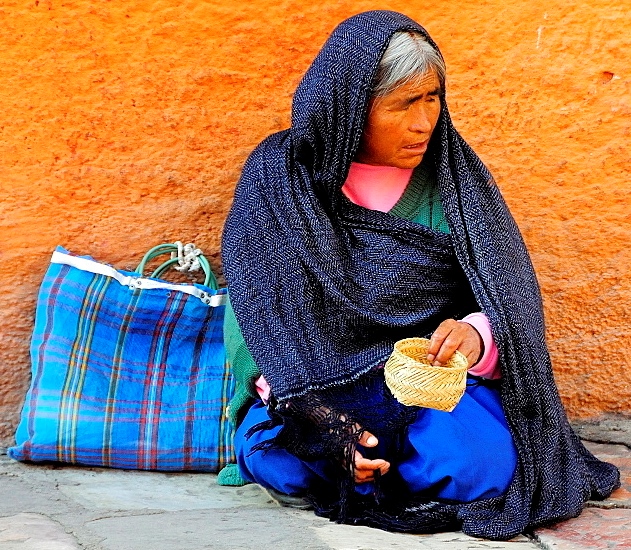Women live with depression, anxiety or addictions due to gender violence
MÉRIDA, Yucatán, (November 25, 2021) .- This Thursday, November 25, marks the International Day for the Elimination of Violence against Women, so it is important to know how attacks trigger problems in women’s mental health.
Violence against women in Mexico has worsened during the Covid pandemic and proof of this is the increase in emergency calls to 911: in March 2020, when the lockdown began, there were 26,171 reports and in May this year, 27,751.
This situation impacts their mental health, which can manifest itself in depression, anxiety, post-traumatic stress, substance abuse, among others, alerted the academic of the Faculty of Psychology of the UNAM, Ana Celia Chapa Romero.

The specialist in Gender, Sexuality, and Health explained that there are several studies and surveys that have previously measured the effects of violence on the mental health of women.
One of these measurements indicates that during the pandemic, 64.3 percent of the women surveyed indicated that they suffered physical or sexual assault by their partner.
Likewise, 66.1 percent said they had experienced at least one incident of an emotional, economic, physical, sexual, or discrimination type in their life.
Symptoms of violence
Of this universe, 82.5 percent experienced sadness, grief, or depression; 49.3 percent, anguish or fear; and 45.8 percent had nervous problems.
In addition, 34.3 percent also presented loss or increase of appetite and 32 percent, insomnia.
These data were produced by the Inegi National Survey on the Dynamics of Household Relationships (Endireh) 2016, carried out in 142,363 homes throughout the country.
Fight for mental health
Mental health, she added, is a state of well-being, and to achieve it, various actions and strategies are required, such as: ensuring that care and response services are considered essential during the pandemic and eventual health emergencies.
Strengthen the identification and care of these symptoms by the health sector.
In addition, reinforce the financing of shelters, hostels, and shelters for women who face high risk.
Also, guarantee that they can access psychosocial services, therapies, and free legal advice through telephone lines or virtual channels at no cost.
Campaigns are aimed at men to promote
Similarly, campaigns aimed at men promote work and equitable relationships at home.
Finally, conduct more research on the role of women in health crises, since less than one percent of subsequent academic studies have been devoted to analyzing this impact, concluded Chapa Romero.
With information from DGCS UNAM
Source: The Yucatan Times

